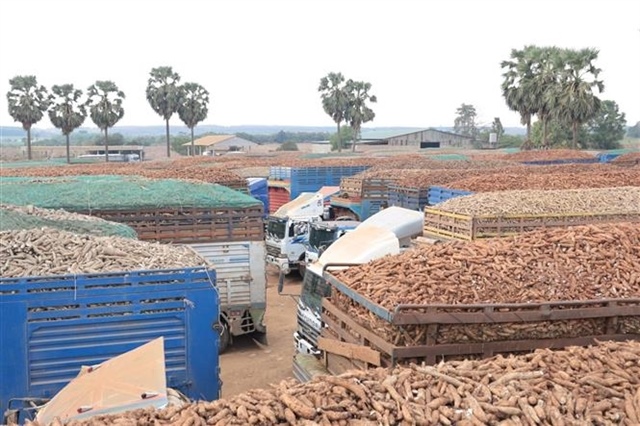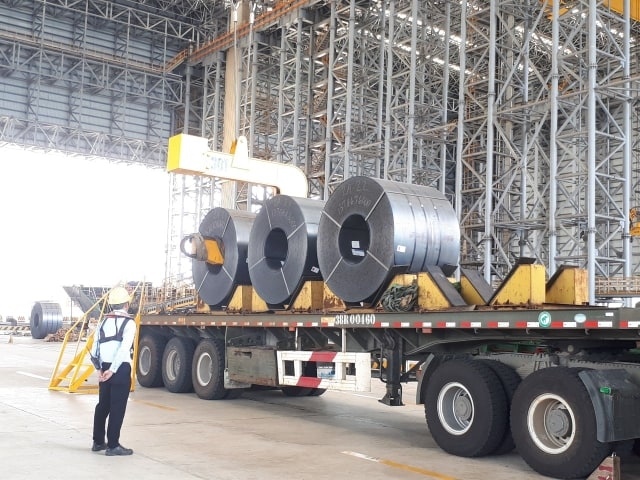Footwear firms buoyed by prospect of EU deal
Footwear firms buoyed by prospect of EU deal
Free trade agreements between ASEAN countries and the EU would help Viet Nam's footwear industry enjoy a reduction of tariffs from the current 12.4 per cent to zero.

According to the Viet Nam Leather and Footwear Association (Lefaso), footwear is one of Viet Nam's major exports, accounting for between 7-12 per cent of the country's total export turnover.
The footwear industry includes more than 500 businesses that employ more than 65,000 workers, 75 per cent of them are women.
The EU is an important trading partner for Viet Nam and also a traditional market for the Vietnamese footwear sector.
Last year, footwear earned an export turnover of US$8.76 billion, accounting for 7.6 per cent of the country's entire export revenue. Export revenue from shoes alone accounted for $2.65 billion and export revenue from bags was valued at $434 million.
Vietnamese footwear products have several advantages in the EU market, as the anti-dumping levy on Vietnamese leather-upper shoes was lifted. However, the Vietnamese footwear industry faces strong competition from India and Indonesia.
Leaders of Lefaso affirmed that free trade agreements offer the greatest opportunities for Vietnamese products to access the EU's 27-nation market with a population of 499 million people.
ASEAN offers the EU a potential market of 615 million people, including growing demand for footwear. ASEAN also offers a strategic place for European footwear companies to manufacture their products due to cheap labour costs.
Over the past years, trade in footwear between Viet Nam and the EU has largely been the EU importing shoes and bags from Viet Nam while Vietnamese businesses use the consultancy service and purchase machines and equipment from Spain, Portugal and Italy.
In addition, Viet Nam's footwear industry is also a beneficiary of projects supported by the EU.
Ngo Dai Quang, vice chairman of Lefaso, said the chance to attract investment in the field of machinery for the tanning industry from EU countries would ensure better infrastructure for the Vietnamese footwear sector by improving access to advanced technology to produce high-end footwear products.
However, Quang said the domestic footwear industry still faced many challenges from regional competitors such as Indonesia and Thailand.
In addition, local producers also face strict requirements on product quality to be able to sell their products in the EU. This means local shoe markers must further invest in advanced technology to meet theses requirements.
To help develop a sustainable footwear industry, Lefaso has urged local shoes makers to update technology to enhance their productivity and improve product quality to create high added value products
vietnamnews

























